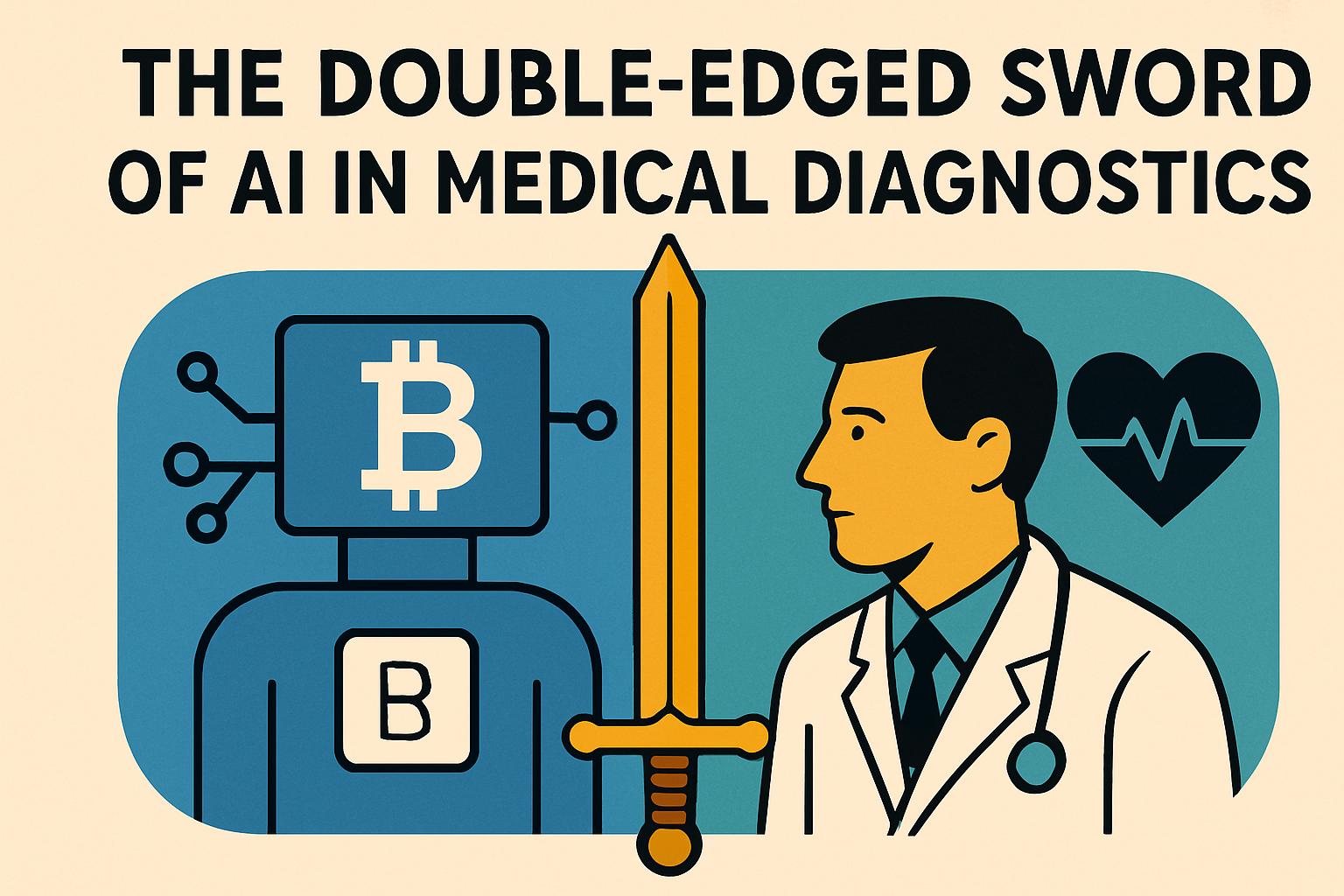Imagine a future where doctors, once the custodians of our health, rely heavily on artificial intelligence to make crucial decisions. A recent study reveals that we may not be far from this reality, sparking a debate about the role of AI in healthcare and the potential pitfalls of overreliance on technology.
The Impact of AI on Medical Expertise
Recent research conducted by Yuichi Mori from the University of Oslo highlights a concerning trend: doctors using AI to detect precancerous signs of colon cancer experienced a significant 20% drop in their diagnostic abilities after just three months of AI assistance. This study, conducted across four endoscopic centers in Poland, involved seasoned practitioners, each with over 2,000 colonoscopies under their belt.
The study divided doctors into two groups—those using AI assistance and those relying solely on their expertise. Alarmingly, when the AI assistance was removed, the diagnostic accuracy of the first group plummeted, raising questions about the long-term effects of AI dependency.
AI: A Crutch or a Tool?
Mori’s findings suggest that while AI can enhance short-term diagnostic precision, it simultaneously diminishes a doctor’s engagement and accountability. Essentially, reliance on AI seems to dull the human brain, potentially leading to a notable degradation in skills when AI is not in play.
This aligns with concerns raised by practitioners like Omer Ahmad from University College Hospital London, who emphasize the importance of maintaining core medical competencies. As AI tools become more advanced, the risk of doctors losing essential procedural skills increases, echoing a cautionary tale seen in the cinematic world.
A Glimpse into the Future: WALL-E’s World
The allure of AI isn’t just restricted to healthcare. The effects of AI on human cognitive engagement have been mirrored in experiments conducted by MIT, where AI tools like OpenAI’s ChatGPT were found to decrease the mental activity of users. The famed movie ‘WALL-E’ by Pixar portrays a dystopian future where humans have surrendered their cognitive and physical capabilities to technology.
While the film’s futuristic depiction is an exaggeration, it serves as a poignant reminder of the direction we might be headed if technology begins to replace human initiative and brainpower in decision-making processes.
Striking a Balance
The growing reliance on AI tools necessitates a shift in approach—from allowing AI to lead, to a more balanced method where human intuition and insight complement technological assistance. The message is clear: to avoid being tethered to technology’s whims, we must foster an environment where critical thinking is nurtured and AI is used as a powerful companion rather than a crutch.

![[News] Bitcoin at a Turning Point? 10x Research Signals a Bullish Macro Shift Ahead](https://cryptoexplores.com/wp-content/uploads/2025/06/new20250616.jpg)
![[News] Binance Lists $HOME, the Gas-Free, Bridge-Free All-in-One DeFi App](https://cryptoexplores.com/wp-content/uploads/2025/06/news20250617.jpg)